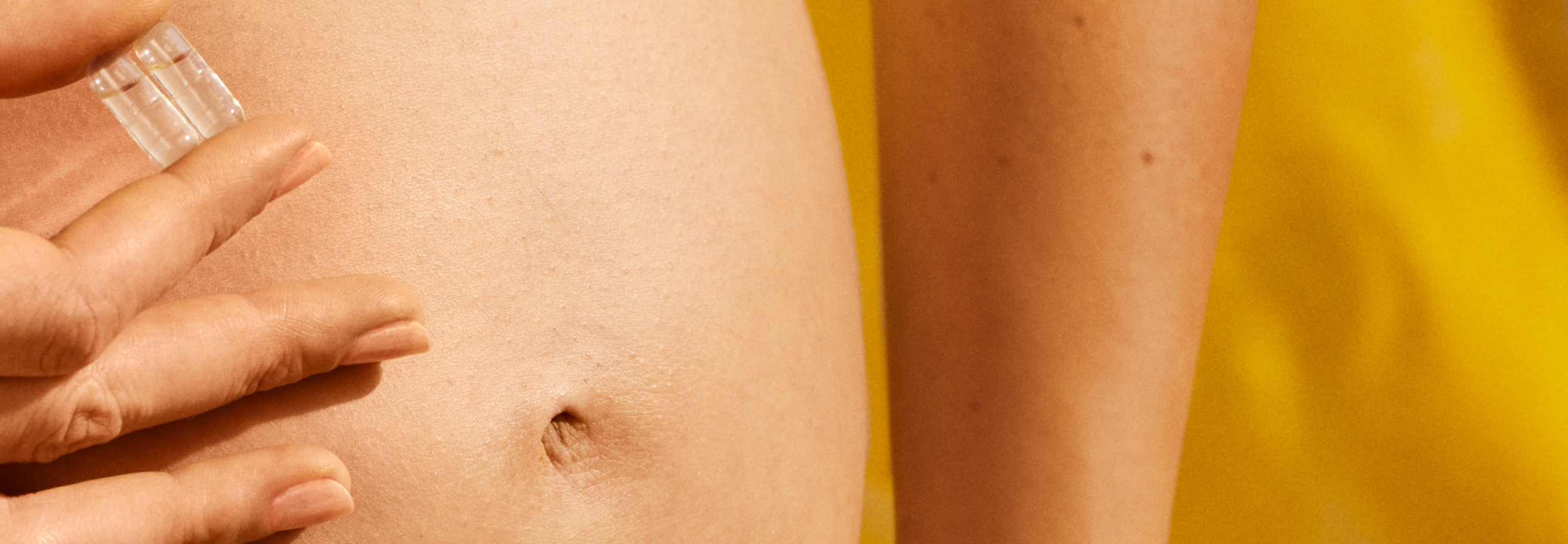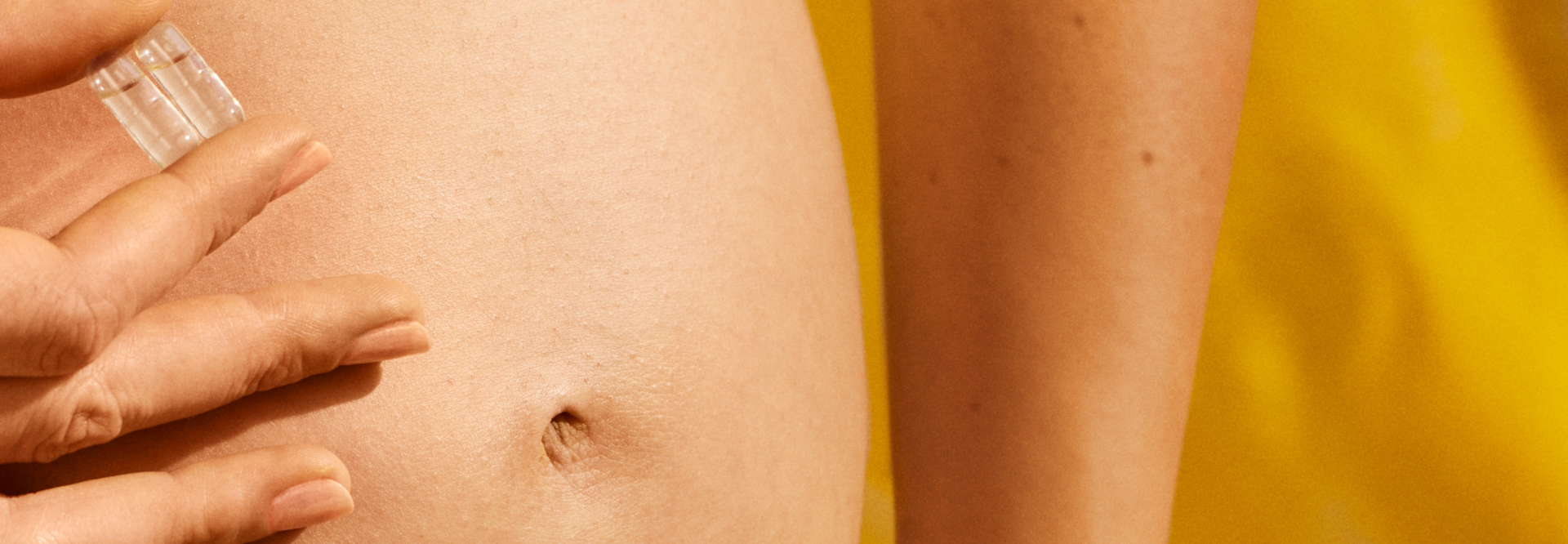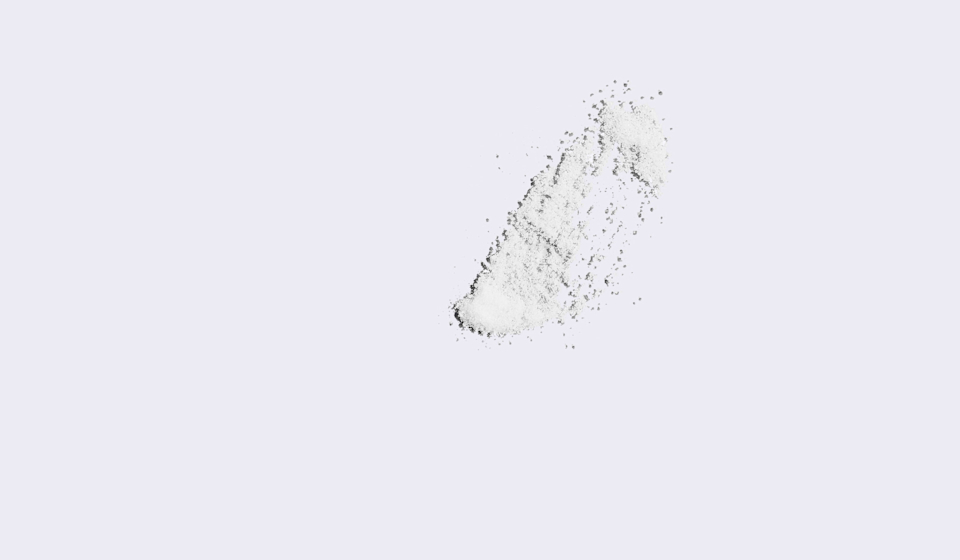Essential Takeaways
• Research shows that maternal choline intake of 930 mg per day during pregnancy, from both dietary and supplemental sources, supports infant brain health, sustained attention in early childhood, and long-term cognitive benefits.*
• Maternal choline intake supports brain health, and helps the body efficiently use omega-3 DHA.*
• Choline supplementation has also been shown to increase breast milk choline content when taken while lactating.*
In 2017, the American Medical Association (AMA) emphasized the importance of prenatal vitamins containing the nutrient, choline. The following year, the American Academy of Pediatrics released a similar statement. (1) Long story short, medical experts agree that choline is a nutritional rockstar in pregnancy.* (2)
Why exactly is choline such a big deal in pregnancy? Well, choline is, as the AMA called it back in 2017, an essential nutrient and brain health supporter. (3) Here’s the plot twist – over 95% of pregnant women and people don’t get enough choline from their diet alone. Food for thought when it comes to supporting baby’s brain health.* (3)
How Maternal Intake of Choline Benefits Pregnancy
When a pregnant woman consumes choline, either through food or supplements, they pass the nutrient from the placenta to the growing fetus.* Maternal intake of choline:
• Contributes to normal brain function.*
• Supports cognitive function for baby.*
• Helps provide cognitive support in early childhood.*
• Helps the body efficiently use Omega-3 DHA.*
Let’s zoom in on that last point: What does choline have to do with how the body uses omega-3s? During pregnancy, women need at least 200 milligrams daily of omega-3 fatty acids to support the development of baby's brain, eyes and nervous system.*












